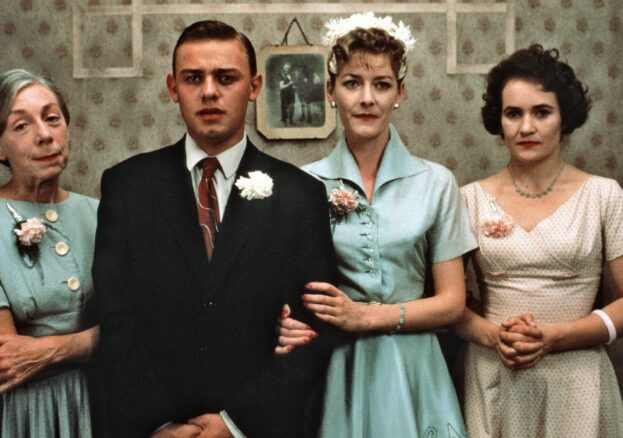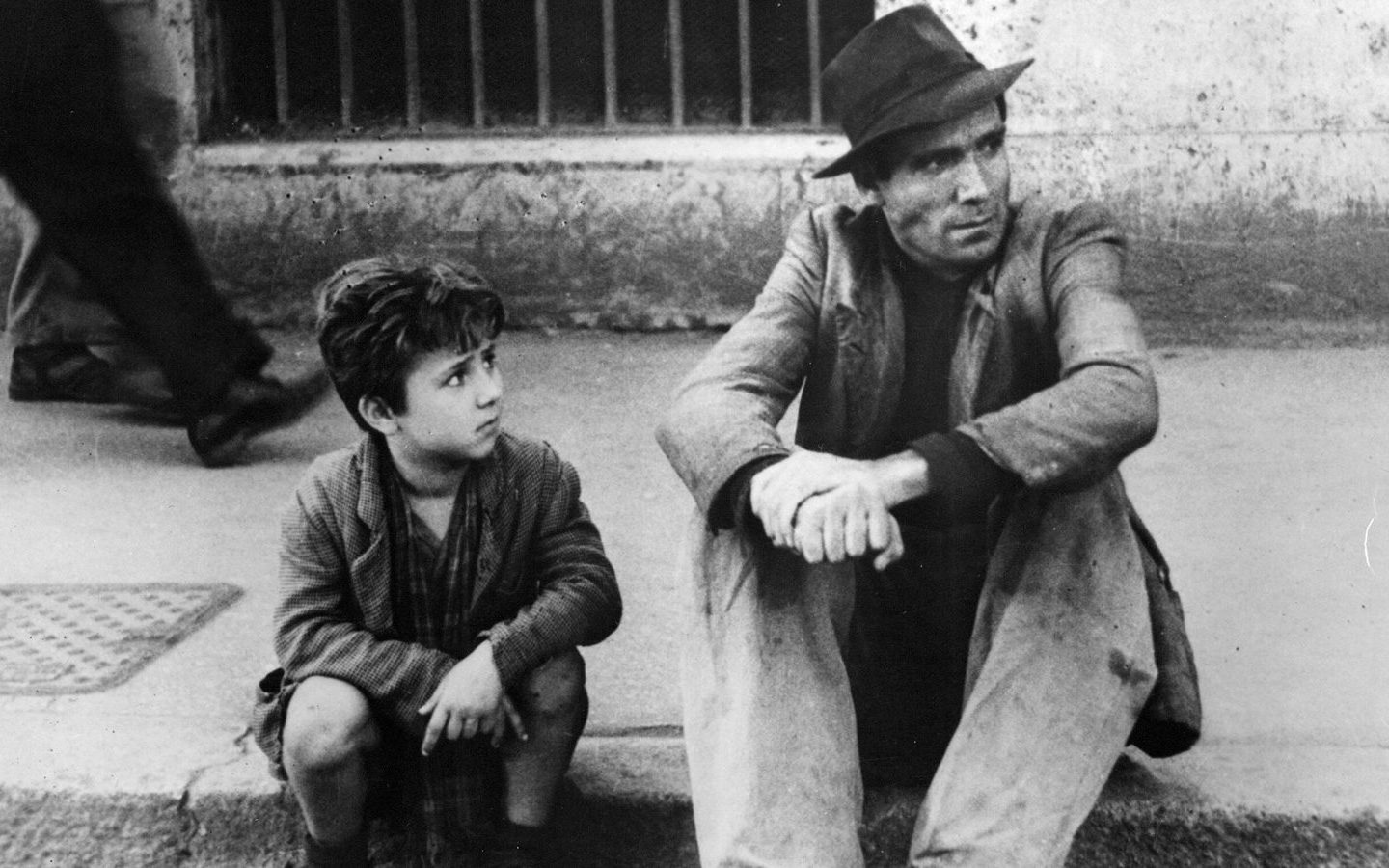Cities of Seven Hills at Film Unit, Sheffield
Tom Grieve, Cinema EditorBook now
Cities of Seven Hills
Always double check opening hours with the venue before making a special visit.

“The town is very hilly (said to be built on seven hills, like Rome) and everywhere streets of mean little houses blackened by smoke run up at sharp angles, paved with cobbles which are purposely set unevenly to give horses etc, a grip.”
George Orwell on Sheffield, Road to Wigan Pier
Rome might be the most famous, but there are no shortage of cities which lay claim to being built on seven hills. With examples that stretch to all corners of the globe, Sheffield-based not-for-profit film organisation, Rare Giants have selected films from three such cities to curate a mini-season of world cinema. It’s an endeavour that hopes to illuminate Sheffield’s own cinematic heritage “by looking outward to geographical and emotional landscapes of mirror cities and their people, reflecting on Sheffield’s own unique identity and struggles and how local concerns resonate worldwide.”
The season starts in Rome, with Vittorio De Sica’s Bicycle Thieves on Tuesday 29th October. The film tracks Antonio Ricci (Lamberto Maggiorani) and his son Bruno (Enzo Staiola) as they desperately search the city for a stolen bicycle that Antonio needs for his new job. A key work of Italian Neo realism, this 1948 work transports us to the struggles of post-war Italy, as it picks at the desperate knot of poverty, dignity and family life. De Sica’s is a film that reverberates throughout cinema history, a simple tale retrodden and repurposed across the decades, but seemingly ever-relevant.

Rare Giants will be presenting each of their chosen films with an introduction that seeks to compare and contrast the histories and experiences shared between the depicted cities and Sheffield itself. If post-war Rome seems a long way away, then the Liverpool of Terence Davies’ 1988, Distant Voices, Still Lives will feel much more familiar to Sheffield residents. A lyrical, musical ode to a childhood marked by familial intimacy and cycles of violence, Davies’ recreation of the wet streets of working class Liverpool in the 1940s and 50s bursts in its enthusiasm for communal song, make-up and the power of Hollywood.
The final selection, takes us further even than Rome, but sticks another film from one of cinema’s great masters. Released in 2002, Abbas Kiarostami’s Ten takes place on the streets of Tehran, Iran. More specifically, it takes place almost entirely inside a car driven by a woman (Mania Akbari) who has ten conversations with different passengers over a 48-hour period. Starring a blend of actors, newcomers and non-professionals, the talk spans everyday problems, domestic strife and romantic predicaments, with an eye on the place of women in Iranian society. It’s delivered with surprises, revelations and a simple grace,, completing a trio of films with individual, but equally effective, notions of cinematic realism.


























